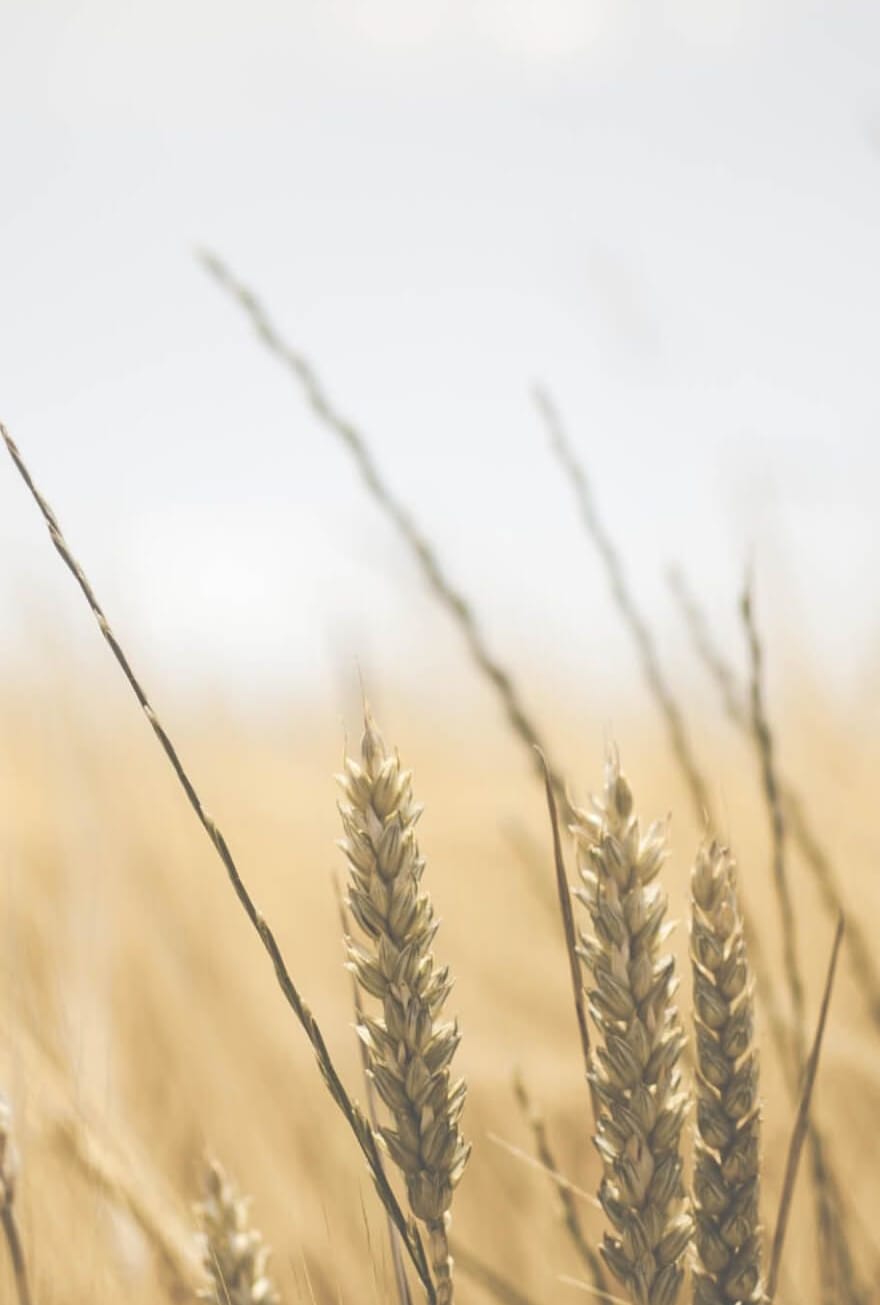Knowde Enhanced TDS
Identification & Functionality
- Agrochemical Functions
- Technologies
Features & Benefits
- Labeling Claims
- Agrochemicals Features
- Product Highlights
- Stimulation of immune system Physical blockage of pathogenic diseases
- Beneficial Plant biochemical interactions
- Uses pest insects as a dispersal mechanism
- Naturally occurs in soil but has been
- killed off by fungicides and tillage
Applications & Uses
- Markets
- Applications
- Applicable Crop
- Application Technique
- Application Rates
For best results, apply as seed treatment or in the seed trench.
- Seed trench: Add from .75 to 1.25 oz/acre based on the row width and the size of seed pieces
- Foliar feed: Ground application 0.5- 2.0 oz/acre for plant health
- Aerial application : 0.25 02-1.5 oz/ acre for plant health
- Applications
- Corn and sorghum
- Cotton
- Legumes: beans,
- alfalfa and peanuts
- Potatoes
- Soybeans
- Tomatoes
- Vegetables and Fruit
- Wheat and small
Properties
- Physical Form
Regulatory & Compliance
- Certifications & Compliance
Technical Details & Test Data
- Observed Results
- Potatoes-Reports have shown over 20 bags/acre yield increase. With reducing rhizoctonia, the pickouts were reduced from 23% to 2%. Minimal damage from Colorado Potato Beetle vs. neighbor.
- Soybeans and corn- Increased resilience to flooding and drought Tomatoes sold into restaurants were noticeably more flavorful. Brix score measured 5 points higher than from non-treated plants. Outdoor plants had almost no insect damage.
- Trial using Roundup Ready soybeans with SPE-120 planted in Pewamo soils yield 9.6 bushels more than untreated beans. Soybean aphids and stink bugs were found on non-treated plots only.
- Leaf chlorophyll measured 3.6 points higher for treated plants. Plants were visibly taller and healthier.
- Another soybean trial, 20 miles separate, found numerous alternative pollinators in the field treated with SPE-120. This was not the case in untreated fields.
- Potatoes- Report from the High Plains growers, increases quality, increased yields relating to limited psyllid issues.
- Independent research confirmed a 4.2 point chlorophyll increase in soybean leaves over non-treated Bb plants.
- Organic corn trials- Increase of up to 20 bu/ac in Ohio and northeast lowa
- Test Results
Reports, Trials And Research Indicate Seeds Treated With Soil Plant Enhancer (Spe-120) With Beauveria Bassiana Have Shown Improved Performance Against:
- Potato psyllids
- Leaf hoppers
- Pea aphids
- Green peach aphids
- Leaf miner, Mites, white flies
- Wheat midge
- Spotted wing drosophila in raspberries
- Grape colaspis
- Wheat stem sawfly
- Apple maggot
- Onion maggot
- Onion thrips
- Plum curculio
- Pecan weevil
- Alfalfa weevil
- Clover leaf weevil
- Squash borer
- Cabbage looper
- Armyworm
- Corn Ear worm
- Pink boll worm
- Variegated cutworm
- Black cutworm
- Webworm
- European corn borer
- Northern corn root worm beetle
- Western corn root worm beetle
- Japanese beetle
- Colorado potato beetle
- Wirewormns
- Corn: Mycotoxins, fusarium, Goss's wilt,
- Anthracnose
- Wheat: Common rust, Mycotoxins
- Potatoes: Rhizoctonia, Anthracnose, Early blight
- Rye: Ergot
- Soybeans: Stem Canker, Stem Borer, Fusarium root rot. Common rust, Anthracnose

